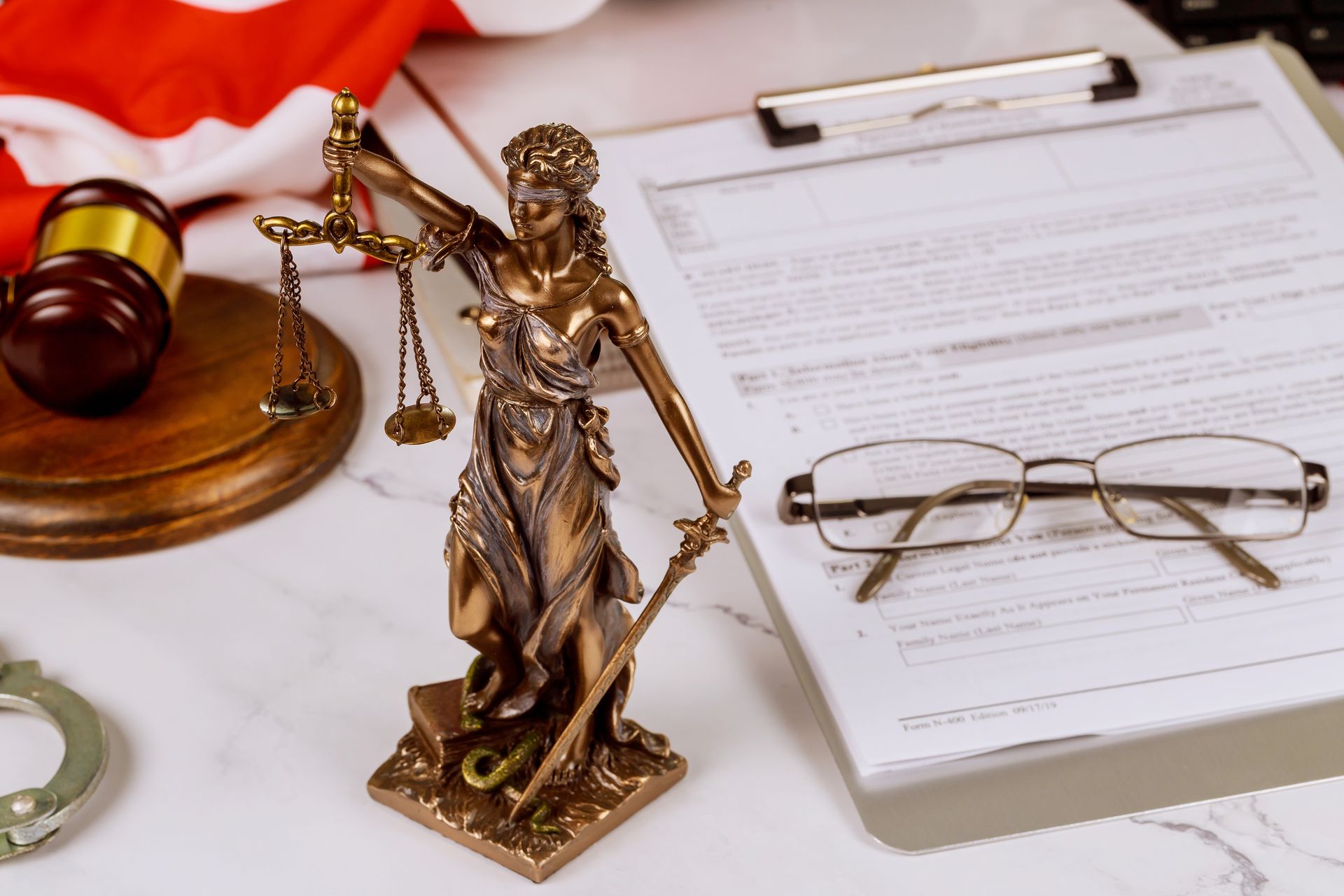Contact Us
Phone: 908-360-2300
Location
1094 Stelton Road
Piscataway, NJ 08854
Hours
- Mon - Fri
- -
- Sat - Sun
- Closed
What to do After Being Served with Divorce Papers in New Jersey
What to do After Being Served with Divorce Papers in New Jersey
Going through a divorce can be one of the most challenging and stressful times in a person's life. If you have been served with divorce papers in New Jersey, it is important to know what steps to take next. At Mavinkurve & Patel LLC Attorneys at Law, we understand the complexities of divorce proceedings and are here to assist the New Jersey public with their legal needs. In this blog post, we will discuss what you should do after being served with divorce papers in New Jersey.
The first thing you should do after being served with divorce papers is to read through them carefully. Take note of any deadlines or requirements that are outlined in the paperwork. It is crucial to understand the terms of the divorce petition and what is being requested by your spouse. If you have any questions or concerns about the paperwork, it is essential to seek legal advice from a qualified attorney.
Once you have reviewed the divorce papers, it is important to gather all relevant documents and information related to your marriage. This may include financial records, property deeds, tax returns, and any other documentation that may be relevant to the divorce proceedings. Organizing these documents will help ensure that your attorney has all the necessary information to represent you effectively during negotiations or court hearings.
After gathering your documents, it is recommended to consult with an experienced divorce attorney who can provide guidance on how to proceed with your case. A knowledgeable attorney will be able to review your situation and advise you on your rights and options under New Jersey law. They can also help you develop a strategy for resolving issues such as child custody, spousal support, and division of assets.
Throughout the divorce process, it is essential to prioritize self-care and emotional well-being. Divorce can be emotionally draining, so it's crucial to seek support from friends, family members, or a therapist if needed. Taking care of yourself will help you navigate the challenges of divorce more effectively and make informed decisions about your future.
In conclusion, being served with divorce papers in New Jersey can be overwhelming, but knowing what steps to take next can help ease some of the stress associated with this process. By reading through the paperwork carefully, gathering relevant documents, seeking legal advice from an experienced attorney at Mavinkurve & Patel LLC Attorneys at Law , prioritizing self-care, and staying informed about your rights under New Jersey law - you can better navigate through this challenging time in your life. Remember that you don't have to go through this alone - our team is here to assist you every step of the way.






Schedule a Case Evaluation
Contact us now!
Homepage FCE Form
We will get back to you as soon as possible.
Please try again later.
By submitting this form, you agree to be contacted by our law firm, either by phone, text or by email.
Practice Areas
Hours
- Mon - Fri
- -
- Sat - Sun
- Closed
Disclaimer: The information on this website is for general information purposes only. Nothing on this site should be taken as legal advice for any individual case or situation. This information is not intended to create, and receipt or viewing does not constitute an attorney-client relationship.
All Rights Reserved | Mavinkurve & Patel | Powered By Convert It Marketing | Privacy Policy
All Rights Reserved | Mavinkurve & Patel | Powered By Convert It Marketing | Privacy Policy




